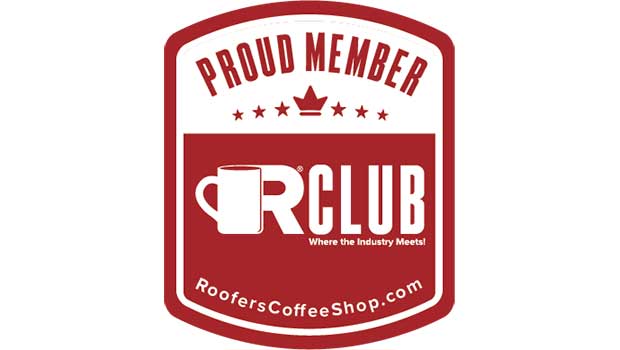Deciding on the right roofing system is a significant step for any commercial property. In Bellevue, frequent rain, occasional snow, and changing temperatures can put extra stress on commercial roofs, making the right choice even more important.
Two of the most popular options for flat and low-slope buildings are modified bitumen and single ply roofing systems. Understanding how these materials compare can help you make a smart investment and protect your building for years to come.
What Is Modified Bitumen Roofing?
Modified bitumen is an asphalt-based roofing material designed for flat or low-slope roofs. It is made from asphalt layers reinforced with either fiberglass or polyester mats and modified with rubber or plastic additives. These modifiers make the material flexible and more resistant to cracking.
Modified bitumen roofing is usually installed in multiple layers, either through heat welding, cold adhesive, or self-adhering sheets. This creates a durable, waterproof barrier that holds up well to foot traffic and heavy weather. Its long history and reliability make it a popular choice for commercial properties.
Benefits of Modified Bitumen
- Durability: Multi-layer construction adds strength and helps the roof resist punctures.
- Weather Resistance: Works well in cold climates and can handle temperature fluctuations.
- Long Service Life: Can last 20 years or more with proper maintenance.
- Easy Repairs: Small punctures or tears can often be patched quickly without replacing large sections.
Drawbacks to Consider
- Labor-Intensive Installation: Torch-applied systems require skilled crews for safety and precision and involve heat application, with installation time varying by project size.
- Seam Risks: Each layer has seams that must be properly sealed to prevent leaks.
- Heat Sensitivity: Darker surfaces can absorb heat, raising cooling costs in summer.
What Are Single Ply Roofing Systems?
Single ply roofing systems are made from flexible sheets of synthetic material such as TPO (thermoplastic polyolefin), PVC (polyvinyl chloride), or EPDM (ethylene propylene diene monomer). These sheets are rolled out across the roof deck and attached with adhesive, fasteners, or heat welding.
Because they are installed in a single layer, they are lighter than multi-layer roofs and can often be installed more quickly. Many Bellevue business owners choose this option because it offers a sleek, modern appearance and excellent weather performance.
Benefits of Single-Ply Systems
- Lightweight: Adds minimal weight to the building, ideal for retrofits.
- Fast Installation: A single-layer application can reduce labor time.
- Energy Efficient: White membranes reflect sunlight and help lower cooling costs.
- Strong Seams: Many single-ply systems use heat-welded seams for a watertight seal.
Drawbacks to Consider
- Puncture Risk: Thinner membranes can be damaged by debris or dropped tools.
- UV Exposure: Some materials may degrade faster without proper coatings.
- Insulation Required: Separate insulation is needed to meet energy standards.
Key Differences Between Modified Bitumen and Single-Ply
When deciding between modified bitumen and single ply roofing systems, consider these important factors:
- Installation Method: Modified bitumen often requires multiple layers and heat application, while single-ply can be glued or mechanically fastened.
- Maintenance Needs: Both require inspections, but modified bitumen may need more attention to seams, while single-ply may need puncture repairs.
- Appearance: Single-ply systems often look cleaner and more uniform.
- Cost: Pricing can vary based on materials and labor, but single-ply can sometimes be more cost-effective for large roofs.
Maintenance Tips for Either Roof
Ongoing care is essential to maximize the lifespan of your roof, regardless of material. Schedule professional inspections twice a year, especially after heavy storms. Clear debris, check for punctures, and make small repairs promptly. An experienced contractor can recommend a schedule that prevents unexpected issues and costly repairs.
Which System Is Best for Bellevue Buildings?
The right choice depends on your building’s needs, budget, and how much foot traffic your roof experiences.
Modified bitumen is often preferred for buildings that need extra durability and have technicians working on the roof frequently. Single ply roofing systems are a good choice for energy-conscious building owners who want a reflective surface and quick installation.
Consulting a professional roofer is the best way to decide which system works for your specific property. They can inspect your building, evaluate existing conditions, and recommend the most cost-effective option.
Get Expert Commercial Roofing Help
If you are considering a new roof for your Bellevue commercial building, professional guidance can save time and money.
Fields Roof Service has decades of experience helping businesses choose and install the right roofing system. We offer modified bitumen installation, single ply roofing systems, roof repairs, and maintenance plans designed for commercial properties.
Protect your building before the next rainy season. Contact Fields Roof Service today for a free quote or to schedule a consultation.




















